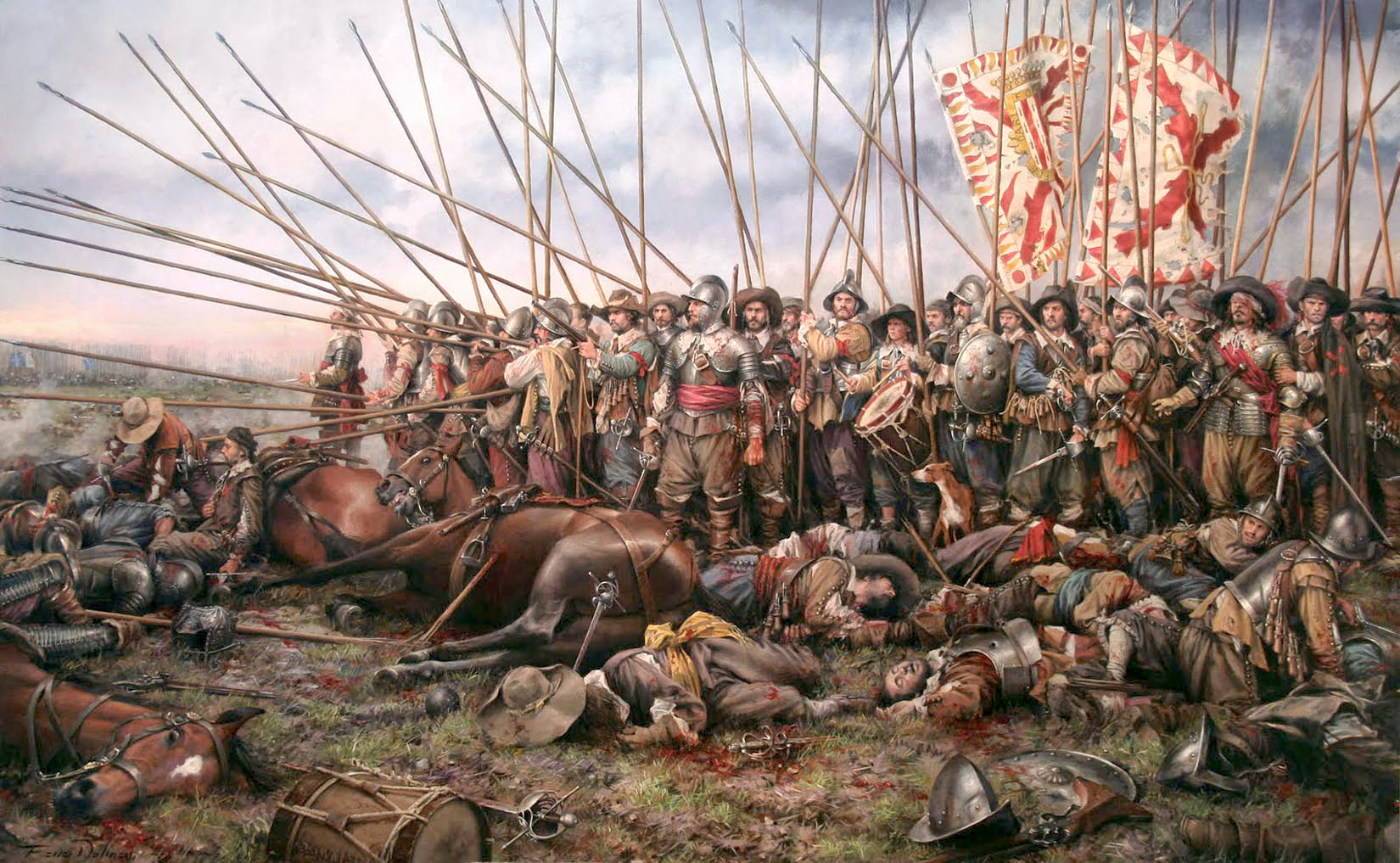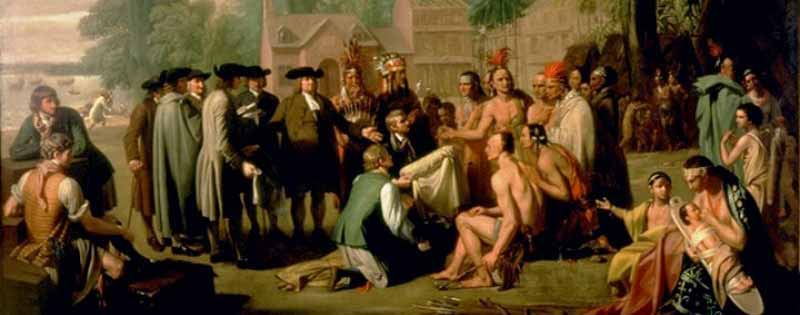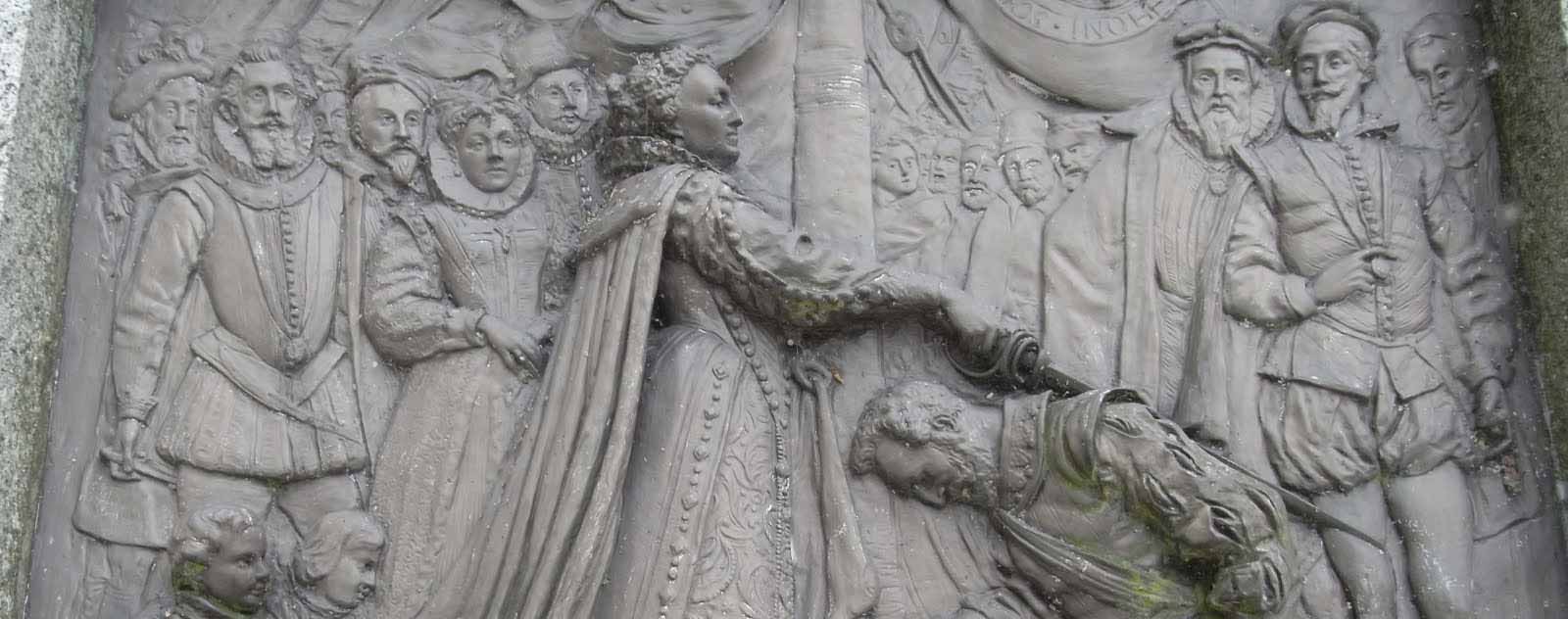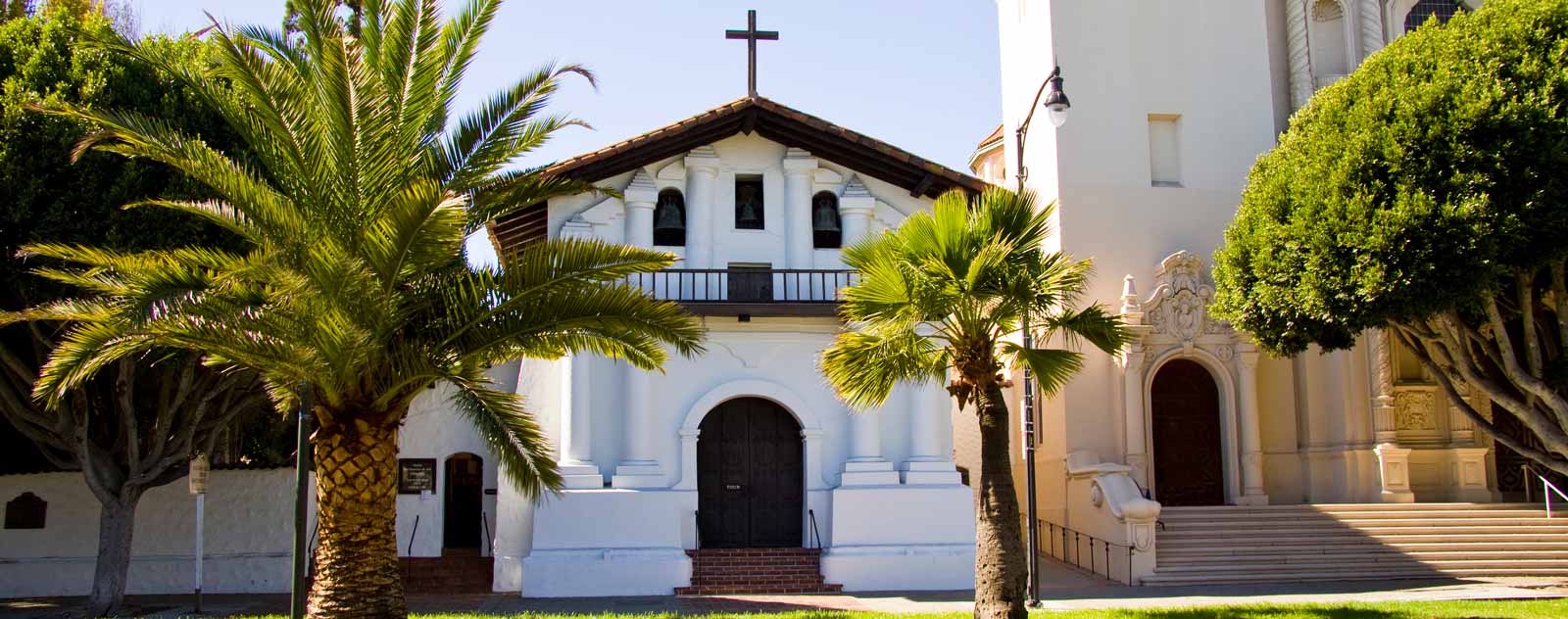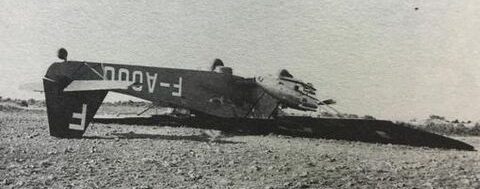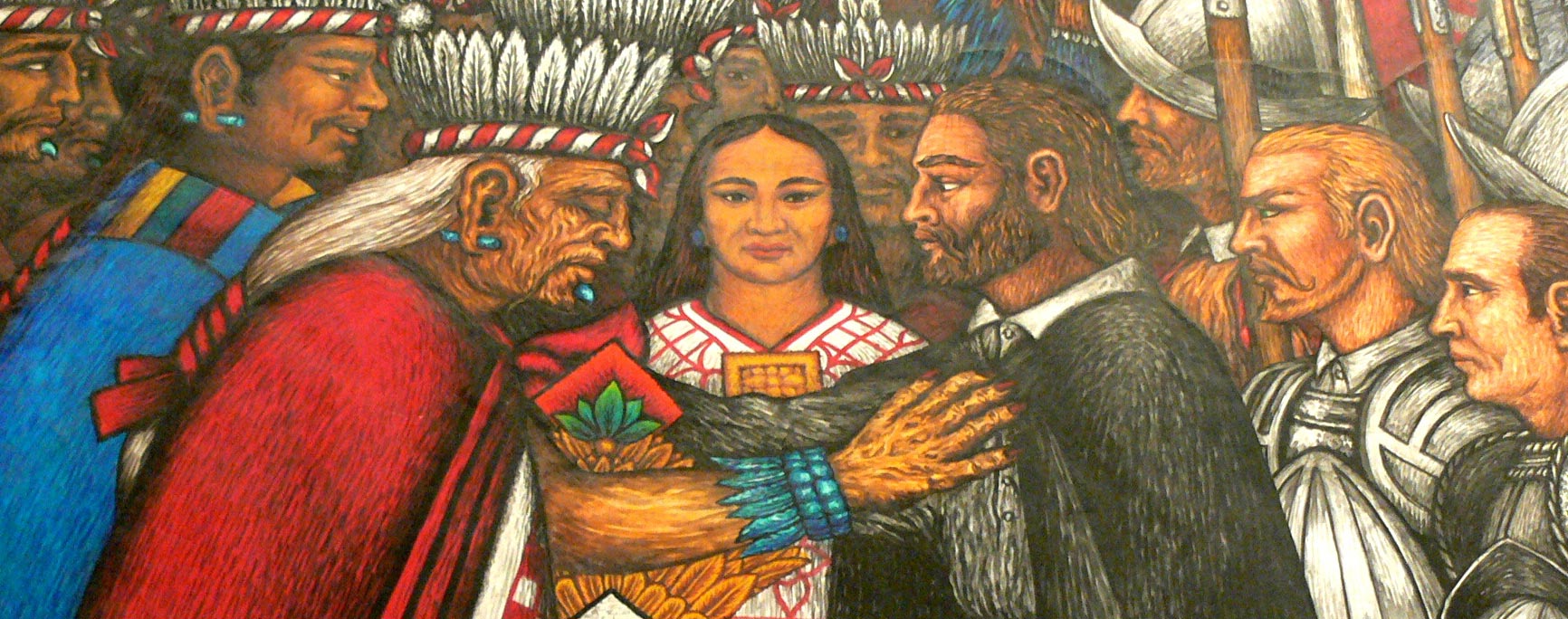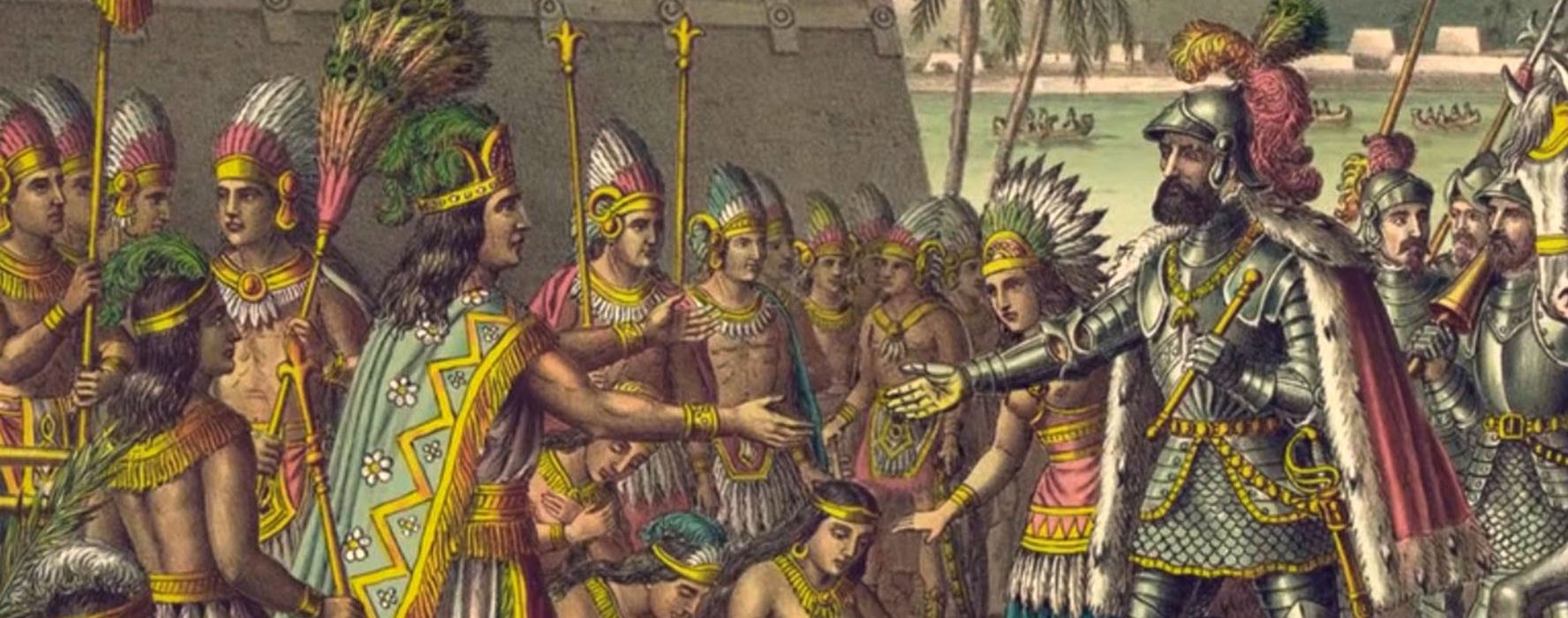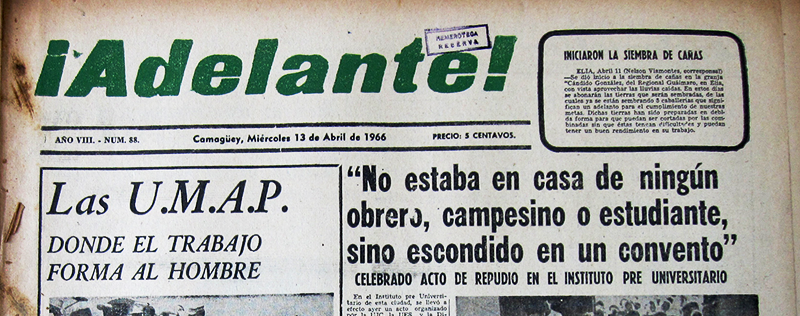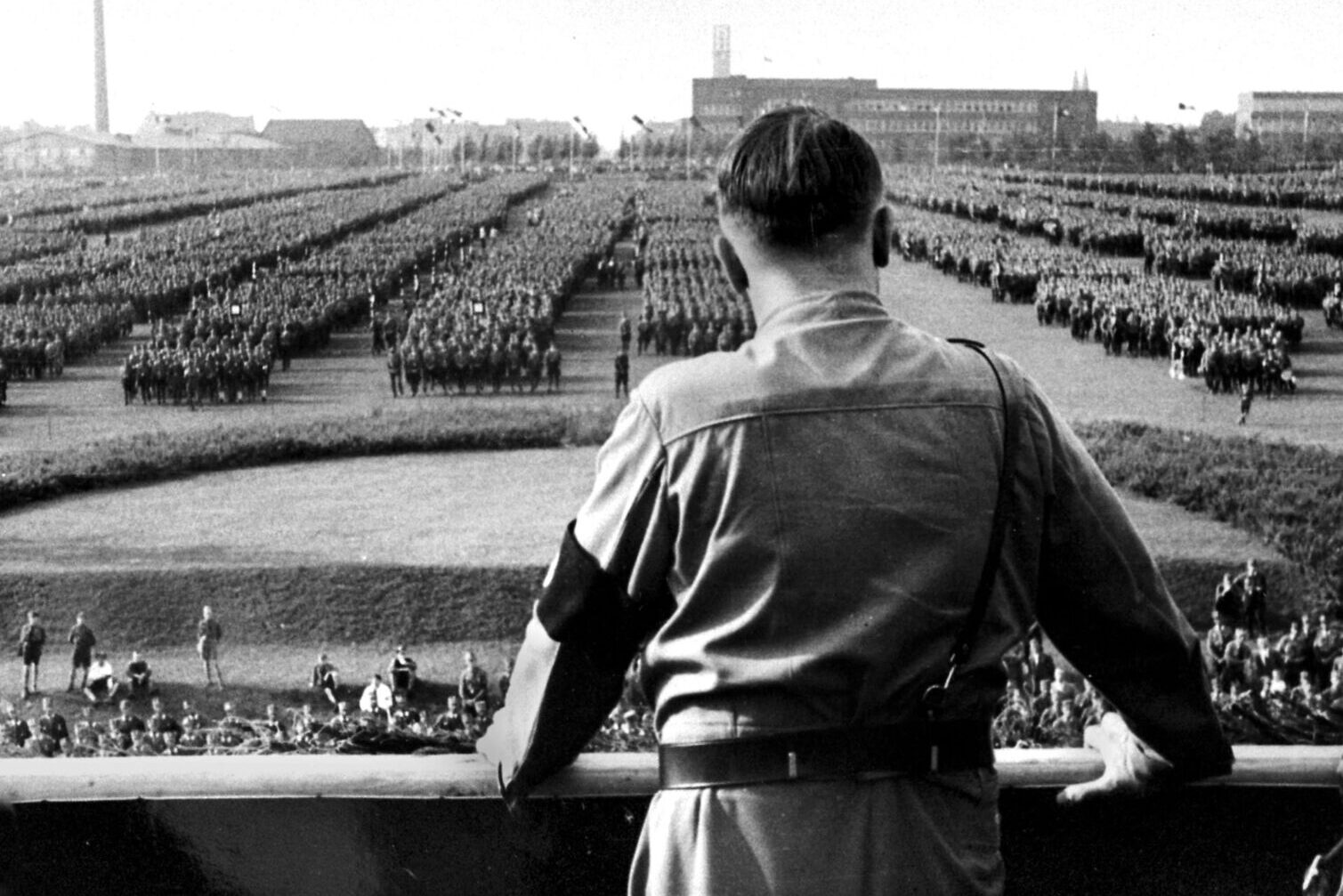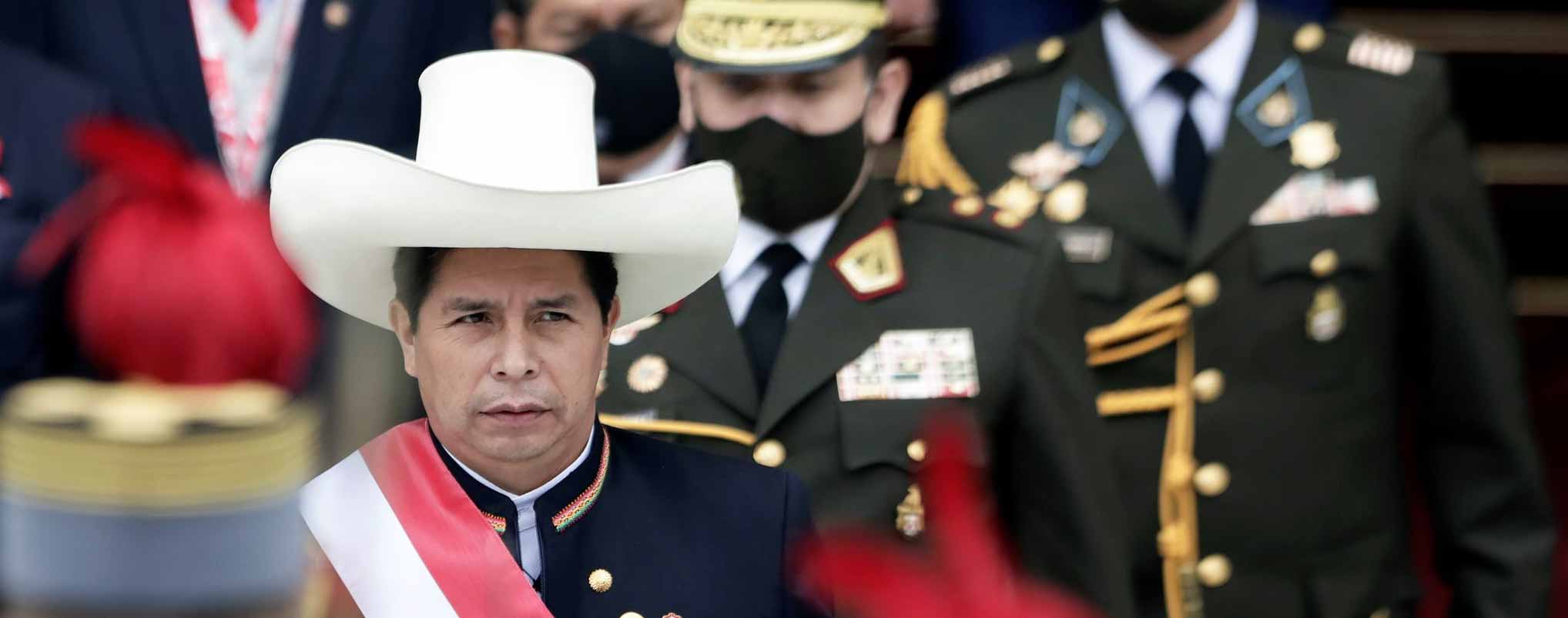Source:ABC
Despite the heavy defeat, our people behaved with such bravery that even the French recognised it.
At Rocroi they beated us, but even when bent and disjointed we also fought back, right down to the last drop of blood. Three hundred and seventy years have passed since the lands of Rocroi were so generously watered by our people with such a waste of life, valour and gallantry as it is seldom seen.
It was there at Rocroi, between France and Belgium, yes, in the Ardennes, just where the Americans faced a terrible Nazi counter-offensive seven decades ago, that our Tercios lost everything except honour and gallantry. Until their last breath, when their bodies were already martyred by countless wounds and bruises, our compatriots resisted those great Spaniards who, thousands of kilometres from their homeland managed to ensure that with their blood, sweat and tears (brave men are not afraid to cry) the sun did not set on Spain for many long and glorious years. Legendary warrior ardour, which we did not lose even in the direst straits.
The Spanish troops were commanded by the Portuguese knight Francisco de Melo, but the day had not yet dawned, when on 19 May 1643, and in the said Rocroi (which the Spaniards had besieged, and was ready for the assault) the innumerable French soldiers launched themselves, it is said that at about three in the morning, against our countrymen.
The French were commanded by Louis II de Bourbon-Condé, Duke of Enghien, and the Spanish troops by the Portuguese knight Francisco de Melo, then Captain General of the Tercios de Flandes, who awaited the arrival of Jean de Beck’s support. For six long, Dantesque hours, twenty-some thousand against twenty-some thousand on each side, pikes, swords, spears, arquebuses, cannonballs, disembowelled horses, dreadful wounds, legions of heroes in the dust, blows, stabs, stabs, and stabs, urine and mud… and a gigantic legion of dead on both sides. Very few, though there were some, but hardly any with a surname of our own, refused that terrible chalenge of History. They had to leave their skin and guts behind, and the Spaniards of those memorable Tercios certainly did,
The cruel chessboard of Rocroi
But let us get down to the cruel chessboard of the terrible game of Rocroi. The chronicles tell us that the French left flank was commanded by La Ferté, the centre by L’Hôpital, and on the right by a certain Gassion. The rearguard was under the command of the Marquis de Sirot.
The Spaniards thought at first that the French were preparing to reinforce the town and that for the moment at least, they were not thinking of a battle in the open. So our countrymen placed the fearsome Spanish Tercios in the vanguard, the privilege they had earned by fighting like wild beasts for decades, while the Walloon and German mercenaries formed the rearguard led by Count Paul-Bernard de Fontaine, a fellow from Lorraine, i.e. French, sixty-six years old at the time, but serving the King of Spain as best as God gave him to understand.
Meanwhile, the imperial cavalry was positioned on the flanks. The right flank was filled with Alsatian troops under the Count of Isenburg, while the Flemish cavalry, commanded by the Duke of Alburquerque, was on the left and, ahead of them all, the artillery.
Of course, and not always with loyalty, chronicles and chronicles of this battle have been written over the centuries. Everything has been said and written, but the course of history has clarified many things and provided sufficient clues to enable us today to construct a fairly accurate account of the carnage.
The French were looking very happy, flags in the wind, but suddenly…they mounted up, bit their spurs and galloped with full force against our right wing. They looked very happy, flags flying, swords sharpened in the night, but suddenly they came upon a large host of emboldened Imperial arquebusiers on a small hill. The Spanish gunpowder fell like a thunderbolt on the French cavalry, causing them considerable damage. To finish them off, the Flemish centaurs, commanded by Alburquerque, arrived at a gallop and, after a few blows and thrusts, they launched themselves at the French artillery from which they stole several pieces.
Strategists after the event
Expert strategists say (knowingly and a posteriori, of course) that perhaps at that time, with the French disorganised and battered, our leader, this Melo, should have taken a gamble and given the enemy a clean sweep. But he did not do so, while the leader of the Gauls, Enghien, who knew how to re-establish order in his lines and move on to the counter-attack, was quick and wise and managed to cause a great deal of harm among our people.
Many Spaniards left this world, others retreated as fast as their strength allowed them, while the Duke of Alburquerque resisted at the head of his riders like a bull, This surname has always been one of confidence and brilliant riding, as one of the heirs of this Duke, also the Duke of Alburquerque, the eighteenth of the lineage, a brilliant rider called Beltrán de Osorio, and at the time faithful squire of Don Juan de Borbón throughout his life would demonstrate on our racecourses a long time later.
But it is time to return to the field of martyrdom of Rocroi, where Mars wanted to wear his best but always sinister combat clothes.
The next terrible onslaught of the French commanded by Gassion came against good company of our loyal infantry in the form of several squadrons. The fight was hand to hand and we would even say soul to soul. In it, we lost a good handful of Spaniards on foot, with sublime hearts, and also some of their captains, such as the Count of Fontaine and officers such as the Count of Villalba and Antonio de Velandia, brave commanders of the Tercio until that day when they signed the last contract, the one that is sealed before the Grim Reaper, for the sake of beloved Spain.
Wounded and dead formed a frightful mess. Things were getting more than ugly on our left flank and the commanding general himself, Francisco de Melo, galloped towards it in order to recompose the situation, while the French fell on the Spanish rearguard, nourished by Germans and Walloons, and produced a gigantic scare in it. The wounded, the dead and the prisoners made up a gigantic jumble of horror.
There was no area left on the Rocroi field where there was no fighting to the last breath. The French and Spaniards showed on the field with their blood and with their generous guts why they were nations to be feared when there was a fight involved. There, at Rocroi, even the chiefs were taken prisoner, like the French La Ferté. Another of the main commanders, La Barre, passed away there and then, while L’Hôpital was also wounded and the Captain-General himself on that day, Enghien, could not get enough to cheer up his troops, now here, then there, then there. But however Spanish we may be, and let us never forget the events of the Second of May, we must recognise that that Frenchman Enghien got it right.
Enghien, the French chief, had big balls. He took a gamble at that moment of the battle. He pulled on the bridles of what was left of his cavalry and there he went against the Spanish army’s core, driving a terrible fang through its centre and isolating the Spanish Tercios from the foreign allies in the process. We were screwed. Isenburg’s cavalry, scattered, the Italian Tercios fleeing in disarray and Melo, who certainly did not have his day, waiting for the arrival of the supposed reinforcements sent by Beck, who did not come out of this morning very well either, as some say that he arrived on time but when he found out that things were going from bad to worse he did not get involved, while others say that he appeared in the fight when nothing could be done.
Melo was caught in the act
Melo was almost caught by surprise by the French, although he was able to take cover with a troop from an Italian Tercio that did nothing but run for cover whenever the French appeared. Our troops, meanwhile, gathered the few remaining troops, more or less unharmed, but full of stitches, cuts and blows, and joined together to form a large rectangle with pikes locked and muskets ready, united in a single body as the Macedonian phalanxes had done many centuries before. At the first possible moment, they pulled the musketry and broke the first French attacks, to the point that they almost blew the brains out of Generalissimo Enghien’s head, who was shot through the breastplate and kissed the ground at Rocroi, his horse being torn to shreds on the spot.
22 December 2018
Let us recognise that the French also rose to the occasion, and despite the bravery of our compatriots, they returned to the charge again and again. On and on they went. And there was no more talk of gunpowder, arquebuses or muskets. The time had come for steel to decide who would win the day. Close combat, knife thrust and cut, Spaniards and Frenchmen killed each other thoroughly. After several assaults and attacks, only a few veterans of the Tercios de Garcíez and Villalba were left standing, and with their weapons already dented, they defended themselves by biting down on anything that smelt French. But then came the end.
And on this point, historians, four centuries later, still disagree. It seems, however, that the wily Enghien offered an honourable negotiation to our people before things could be turned upside down by the arrival of reinforcements. It is said that generous, the French leader offered to respect the life and freedom of the remaining survivors, to let them fly their flags and bear their arms, and even, if they wanted to take the road to their beloved Spain, to provide them with a silver bridge.
No guns, but without dismay
Some of our people accepted. But others did not and remained in the fray, even though we had no guns left. In the end, they had to surrender but they lost neither honour nor pride, and the French remained faithful to their generous offers of surrender. Five thousand of our men would never again see our sun, nor our land; they remained forever, lost but immortal, on the sands of Rocroi. Despite the destruction, the Tercios would still put up a good fight and would win resounding and resounding victories such as that of Valenciennes, also against the French.
For history, perhaps better for legend, is the reply of one of our survivors when asked by a French officer about the number of our people at Rocroi. “Count the dead”, replied that gallant Spaniard, honourable even in the last moments. We fought and we were beaten. We lost the battle, yes, but we did not lose our shame.
Share this article
On This Day
- 1503 Battle of Cerignola (Italy).
- 1522 Santiago de Cuba is granted the city status by Carlos I.
- 1589 Margarita de Saboya is born.
- 1611 Archbishop Miguel de Benavides founded the University of St Thomas in Manila.
- 1777 José Primo de Rivera, Hero of the Sieges, was born in Algeciras.
History of Spain
26 August 2020
27 January 2021
Communism: Now and Then
23 December 2022
28 July 2021
